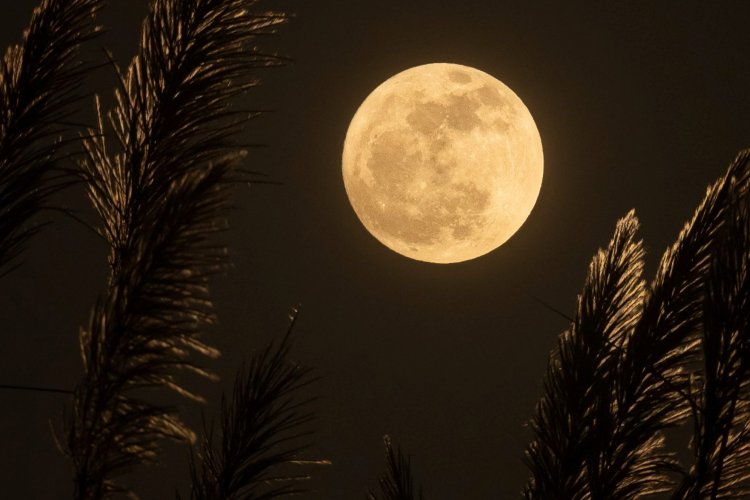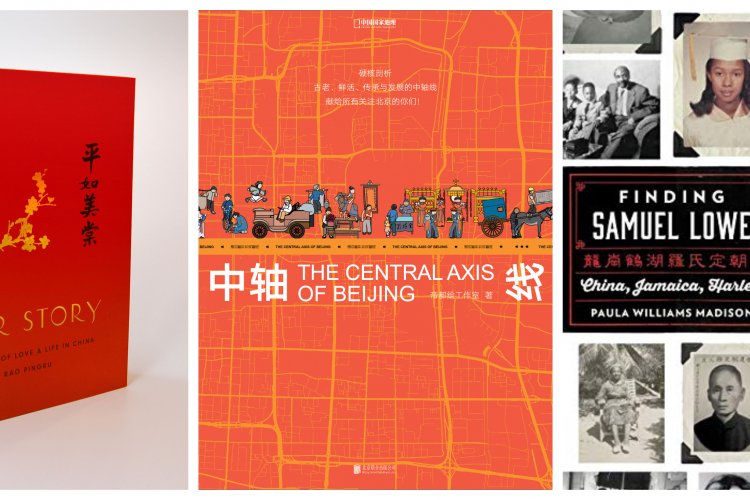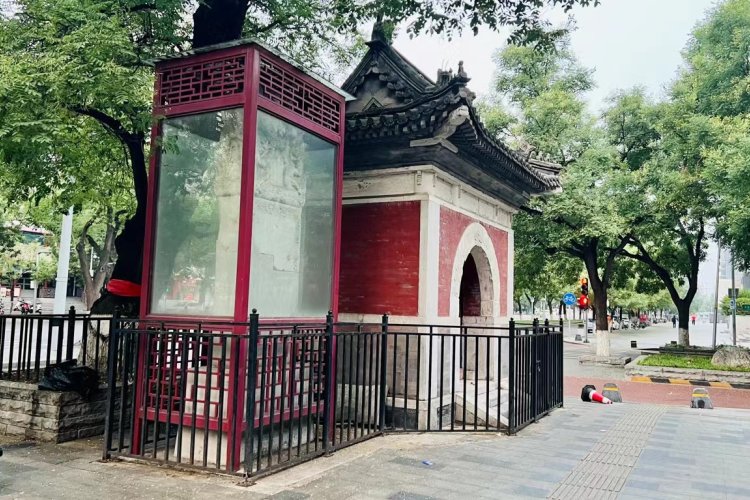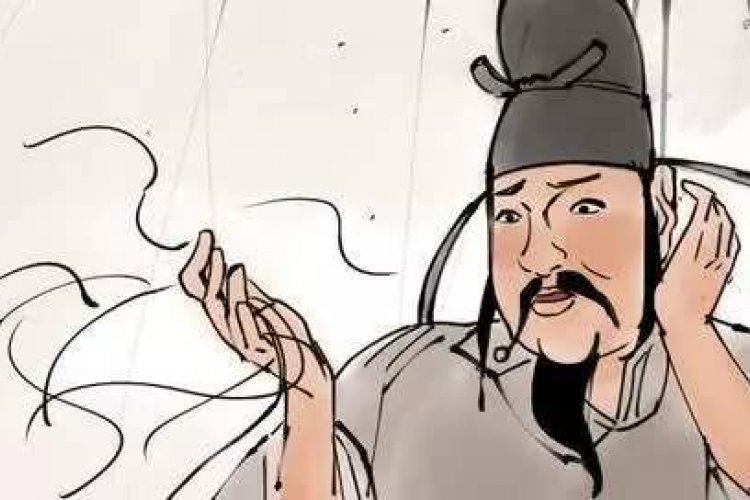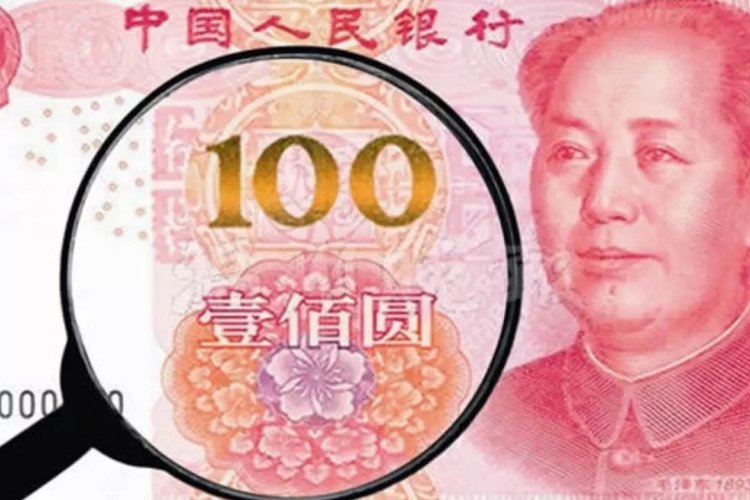The Original Hutong Hipster: The Life and Times of Edmund Trelawney Backhouse
He roamed the backstreets and brothels of Beijing, trading in gossip and rumors, and living a life of self-imposed exile. Edmund Trelawney Backhouse (he’d want you to know the surname is pronounced BACK-us, not back-HOUSE) was the original hutong hipster.
He was born in 1873 into a wealthy and well-respected English family. After a short and academically undistinguished stint at Oxford, Backhouse fled England, he fled England leaving behind a whirlwind of debts, detractors, and the downdraft of a sex scandal which may or not have also included Oscar Wilde.
Backhouse was neither the first nor – if a quick spin through Heaven Supermarket at 3am is to be any guide – the last young person to land in China after fleeing the detritus of a life broken back home. While he never finished his degree at Oxford, Backhouse did display an impressive command of language. Once in Beijing, he developed his skills further, becoming fluent in Chinese, Mongolian, and Manchu in addition to German, French, and Russian.
Over the next four decades, Backhouse made his living as a translator and China Hand for hire, feeding information to journalists, writers, diplomats, and businessmen. He claimed to be an insider in the Qing court. He claimed to be close friends with the Manchu nobility. He claimed to have – on more than one occasion – been sodomized by the Empress Dowager Cixi. Read that last sentence again. It’s not a typo.
The fact that most of his “inside information” was hearsay, fantasy, and gossip filtered through a highly active imagination did not stop Backhouse from becoming one of the most famous Sinologists of the early 20th century.
His most frequent collaborator/victim was George Ernest Morrison, the correspondent for the London Times. Despite the nickname “Morrison of Peking,” the Australian journalist was unable to read or speak Chinese. He relied on Backhouse for the translated documents and “privileged knowledge” Morrison used to write his dispatches.
Backhouse also worked with J.O.P. Bland, a fellow Englishman who served in the imperial customs service, on two influential books: China under the Empress Dowager, published in 1910, and a follow-up Annals and Memoirs of the Court of Peking in 1914.
Later scholars – notably the British historian Hugh Trevor-Roper – have since excoriated Backhouse as a fabulist and fraud. It is certainly true that Backhouse was unafraid to embellish or invent a story. It is unlikely that the information he gave to Bland to complete China under the Empress Dowager was, for example, the direct result of Backhouse having spent some intimate moments literally under the Empress Dowager.
Nevertheless, it would be a mistake to completely discredit all of Backhouse’s information. Whether or not he was a friend – or even an acquaintance – of members of the court, he did seem to have an ability to access information otherwise unknown to the foreign community. He was famous for his "hermit” lifestyle, choosing to live in older hutongs and Chinese neighborhoods rather than the confined hothouse of the international legation quarter. His travels through Beijing’s hutongs and his facility with the language allowed him to tap into networks of back alley gossip that often contained at least a little bit of truth.
By his admission, he was also fond of the city’s all-male brothels and assiduously avoided any establishments catering to foreign clientele.
Many of the imperial court, including several high-ranking members of the Aisin-Gioro family, were also well-known patrons of these houses of pleasure. Once again, it is implausible that Backhouse – as he later suggested in his memoirs – engaged in acrobatic group sex with dukes and princes of the Qing Empire, but it is certainly possible that he patronized the same establishments and benefited from the indiscreet pillow talk of his partners.
RELATED: A Stroll Along Beijing’s Restored Canal System
Backhouse lived in Beijing until his death in 1944. During the last years of his life, living under the Japanese occupation, he compiled his memoirs with the assistance of the Swiss consul, Richard Hoeppli. A wildly unreliable narrator, Backhouse’s memoirs are a near psychedelic melange of Chinese history, politics, and personal reflection interpolated with bits of sexual adventurism described with such vivid detail that the memoir wasn’t published until 2011.
Those interested in delving into the world of Edmund Backhouse and the Beijing of the early 20th century should read Decadence Mandchoue: The China Memoirs of Sir Edmund Trelawney Backhouse, edited by Derek Sandhaus, published by Earnshaw Books, and available on Amazon and at The Bookworm. For the complete experience, take your copy over to the closest Great Leap location and raise a glass of the Edmund Backhouse Pilsner to enjoy while reading.
Jeremiah Jenne is a writer, educator, and historian based in Beijing. He maintains the site Jottings from the Granite Studio and is co-host of the Chinese history and culture podcast Barbarians at the Gate. You can follow him on Twitter @granitestudio.
Image: thesundaytimes.co.uk


